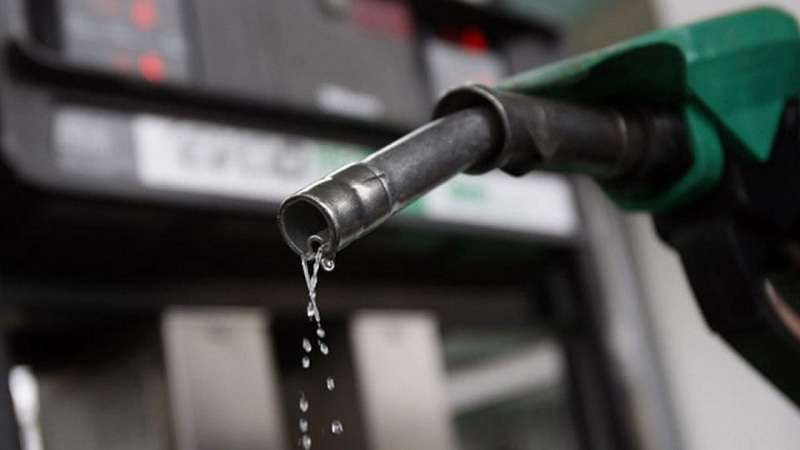The current petrol price in Pakistan, effective from February 11, 2024, is Rs 272.89 per liter, as confirmed by the finance division. This rate will be applicable until February 15, 2024.
The most recent adjustment in fuel prices occurred on January 31, 2024, with a noteworthy increase announced by the government.
According to the Ministry of Finance, petrol witnessed a substantial surge of Rs 13.55 per liter, reaching Rs 272.89. High-speed diesel also experienced an increase of Rs 2.75 per liter, settling at Rs 278.96 for the first half of February 2024. The timing of this decision, just days before the elections, has stirred discussions and raised concerns among citizens, prompting questions about potential political implications.
The decision to raise fuel prices aligns with the recommendations from the Oil and Gas Regulatory Authority (OGRA). The ministry justifies the move by emphasizing the necessity to harmonize domestic prices with global market trends, particularly due to fluctuations in international oil markets during the fortnight starting from February 1, 2024.
Critics, however, question the timing of the decision, suspecting it to be a politically motivated move aimed at generating additional revenue for the government. The opposition and concerned citizens argue that the fuel price hike will exacerbate the already challenging economic conditions, affecting citizens who heavily rely on personal transportation and businesses dependent on the transportation of goods.
As the government faces criticism for the timing of the price adjustment, political analysts predict that opposition parties may leverage this opportunity to sway public opinion against the ruling party. Economic relief and stability are likely to become focal points in opposition campaigns, emphasizing the need for alternatives to the current economic challenges.
In response, the government maintains that the decision is crucial for fiscal responsibility and ensuring the country’s financial stability. They argue that the adjustment in petroleum prices is aligned with global oil market trends, underscoring their commitment to effectively manage economic challenges.
As the new fuel prices take effect from February 1, 2024, the impact on the public remains uncertain. With economic concerns already playing a significant role in voter decision-making, the fuel price hike introduces an additional layer of complexity to the political landscape.
